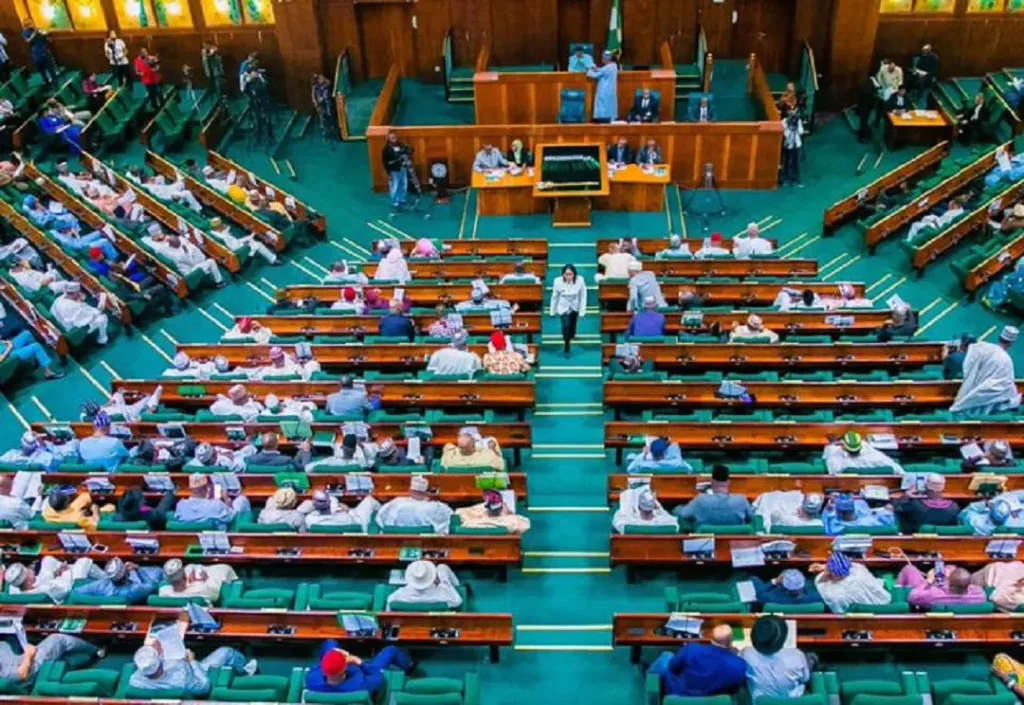CurrentReport Blog In a surprising turn of events, the House of Representatives on Thursday reversed its decision on two significant bills, including one that sought to strip the Vice President, Governors, and Deputy Governors of immunity from prosecution, and another aiming to abolish the death penalty in Nigeria.
The reversal came after a motion was moved by the Majority Leader of the House, Julius Ihonvbere, during plenary. The motion called for the reconsideration of the two bills, which had passed their second reading just the day before, on Wednesday.
The first bill, which had sparked considerable debate, aimed to remove the immunity enjoyed by the Vice President, Governors, and Deputy Governors, allowing them to be prosecuted while in office for any criminal activities. The bill had generated mixed reactions, with supporters arguing that it would promote accountability and transparency in public office, while critics raised concerns about its potential to destabilize governance and create political chaos.
The second bill, which sought to abolish the death penalty in Nigeria, had also passed its second reading on Wednesday. Proponents of the bill argued that it was time for Nigeria to align with global trends and human rights standards by ending capital punishment. However, the decision to revisit this bill was met with both support and opposition, as some lawmakers felt that the death penalty remained necessary for deterring serious crimes, while others believed it had no place in a modern, just society.
The House’s decision to reverse its stance on both bills has sparked widespread discussions among Nigerians, especially regarding the potential impact on the country’s political landscape and criminal justice system. It remains to be seen whether the bills will be reintroduced or amended in future sessions, as further deliberations are expected to take place.
The reversal comes at a time when the Nigerian legislative process is under close scrutiny, as the nation grapples with a range of pressing issues, from governance reform to human rights concerns. Both bills are expected to continue to be a topic of intense debate in the coming weeks.
This latest development underscores the dynamic nature of the Nigerian political scene and the importance of ongoing dialogue and debate in shaping the future of the country’s laws and policies.
Stay tuned for further updates as the House of Representatives continues to deliberate on these pivotal issues.












